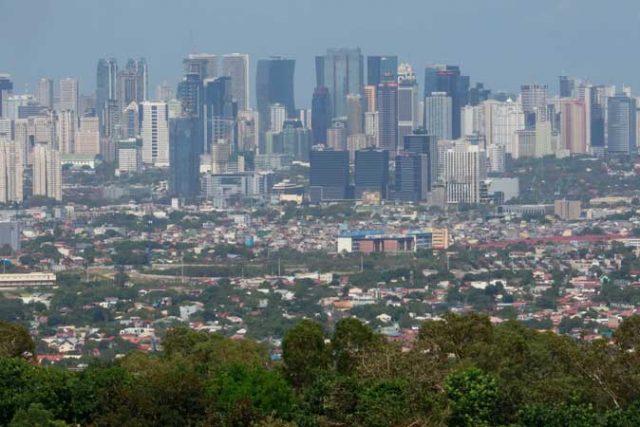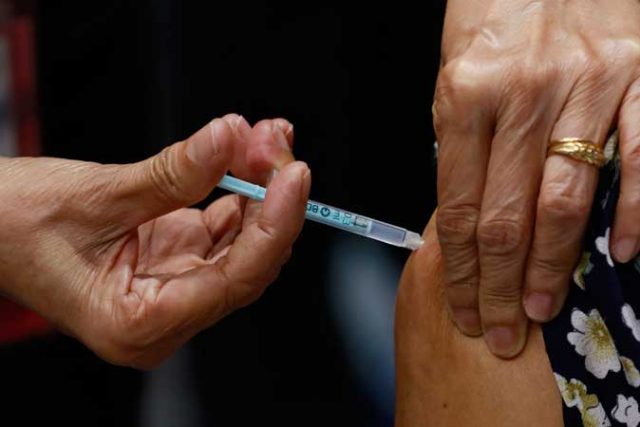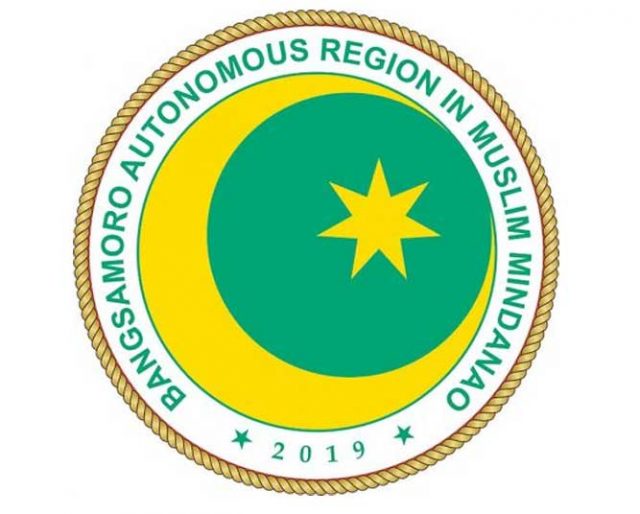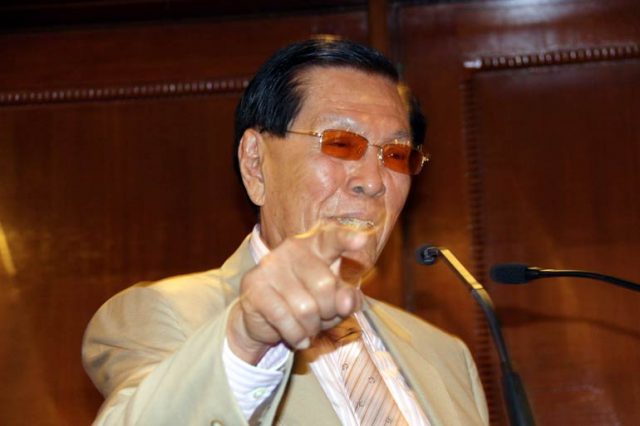Dollar reserves hit 3-month high as of end-April
The country’s dollar reserves reached $107.25 billion as of end-April, backed by proceeds from the bond issuances of the national government and higher valuation of the central bank’s gold holdings.
April’s gross international reserves (GIR) went up by 2.65% from the $104.48-billion level as of end-March and by 17.9% from the $90.942 billion a year ago, based on data released by the Bangko Sentral ng Pilipinas on Friday. The end-April level is also the highest since the $108.674-billion seen as of end-January.
“The month-on-month increase in the GIR level reflected proceeds of the National Government’s global and samurai bond issuances, which were deposited with the BSP,” the central bank said in a statement.
The Bureau of the Treasury in March raised P24.2 billion or ¥55 billion through yen-denominated bonds with a tenor of three years. Proceeds will be utilized for budgetary support and repayment of debt maturities.
In April, the government raised another P122.4 billion or €2.1 billion through euro-denominated debt papers with four, 12- and 20-year tenors.
“An upward adjustment in the value of the BSP’s gold holdings due to the increase in the price of gold in the international market contributed to the higher GIR level,” the BSP added.
On the other hand, the BSP said outflows to service the national government’s debt obligations became a partially offsetting factor to the dollar reserves’ pileup.
An ample level of foreign exchange buffers shields an economy from market volatility and ensures the country is capable of paying its debts in the event of an economic downturn.
The end-April GIR is enough to cover 12.3 months of the country’s imports of goods and payments of services and primary income.
This level is also equivalent to about 7.5 times the country’s short-term external debt based on original maturity and 5.2 times based on residual maturity.
“This [GIR level] would help strengthen the country’s external position and, in turn, fundamentally supports and is favorable to the country’s credit rating,” Rizal Commercial Banking Corp. Chief Economist Michael L. Ricafort said.
BSP data showed foreign currency deposits jumped 39.7% to $5.081 billion from $3.635 billion as of end-March and by 54.5% from the $3.288 billion as of end-April 2020.
Reserves in the form of gold were valued at $9.310 billion, up by 2.16% from $9.113 billion a month earlier and by 16% from the $8.015 a year ago.
The country’s reserve position in the International Monetary Fund (IMF) rose by 1.22% to $803.6 million from $793.9 million as of end-March and by 38.4% from the $580.4 million last year.
Meanwhile, special drawing rights – or the amount the country can tap from the IMF – stood at $1.214 billion for the second straight month. However, it increased by 3.7% from the $1.171 billion as of end-April 2020.
Foreign investments likewise increased 1.2% to $90.843 billion from $89.726 billion from a month earlier and by 16.6% from the $77.886 billion a year ago.
The BSP expects the GIR to reach $114 billion this year.
The country’s dollar buffers reached record $110.117 billion at end-2020.











